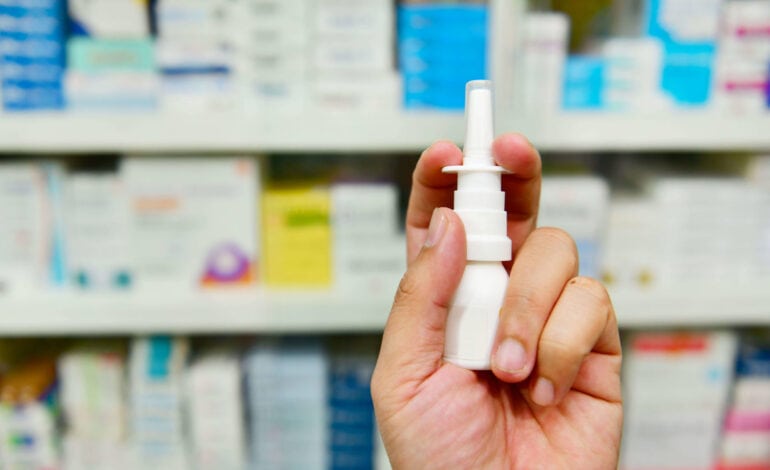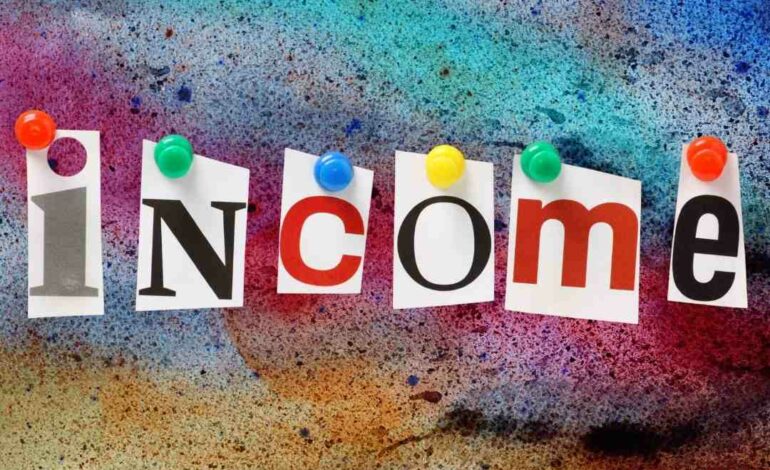Ketamine & Treatment-Resistant Depression. 16 million adults in the United States have had at least one major depressive episode in a given year.
Depression can seep into your professional career, make you doubt your relationships, leave you in bed crying, destroy your self-esteem, and ultimately wreak havoc on your life.
Treatment for depression consists of a combination of medications, specifically antidepressants, and psychotherapy approaches such as Cognitive Behavioral Therapy (CBT).
With time and patience, your depressive symptoms can be controlled. But what if nothing works?
What if you have tried multiple medication regimens and have seen numerous therapists who have practiced many different approaches?
Treatment-Resistant Depression
According to research, up to 30% of individuals with major depressive disorder experience symptoms that do not improve with treatment.
If two or more different medications have been tried for at least six weeks, they may have treatment-resistant depression (TRD).
Women, people with chronic illnesses, and those with eating disorders, substance abuse disorders, or sleep disorders are at a higher risk for treatment-resistant depression.
Ketamine As A Street Drug
Ketamine is a dissociative anesthetic that is also classified as a hallucinogen. It is used in veterinary medicine during surgery, but it is also a common drug of abuse.
Also called Special K or Cat Valium, Ketamine is sold illegally on the street as a mind-altering drug that affects mood and perception.
Ketamine As A Treatment For Depression
In March 2019, the medicine esketamine (called “Spravato” by the manufacturer) was approved by the Food and Drug Administration as a treatment for severe depression in patients that do not respond to other therapies.
Ketamine has been used as an off-label drug for treatment-resistant depression for years before it gained FDA approval.
Ketamine clinics administer the medication to individuals who were diagnosed with treatment-resistant depression in a controlled environment via IV.
Since its FDA approval, individuals can administer esketamine themselves as a nasal spray.
There are strict guidelines for this treatment protocol, as Ketamine is a hallucinogen.
Spravato is administered as a nasal spray and is only available at specific certified clinics and pharmacies. Spravato must be ordered and picked up at specialty pharmacies.
The individual administers it to himself or herself in the doctor’s office, stays in the office for two hours of monitoring, and then is transported home.
In other words, the individual is always under supervision when handling ketamine. The individual must currently be taking another antidepressant, and this drug can only be administered to those who met the criteria for treatment-resistant depression.
According To An Article On Psychiatryadvisor.com:
“The rapid effect of ketamine on depression and suicidal ideations brings a promise of taking a very sick and brittle patient and enacting a window of a significant improvement in which other interventions can then be implemented. Psychotherapy is one possibility because when people are extremely depressed, they usually cannot meaningfully engage in psychotherapy, which can be too much of a psychological burden for them, so an agent that can help the depression lift rapidly can facilitate meaningful engagement in a long-term healing process of therapy”.
Treating Depression With a “Whole-Person” Approach
Depression is a common mental health disorder that is best treated using multiple treatment options.
AKUA Mind and Body is a mental health and substance abuse treatment center that believes in treating the individual, not just the disorder.
Depression is best treated when we understand the individual and their underlying triggers.
An interdisciplinary approach to healing mental illness or substance abuse disorders include not only medications but also psychotherapy and adjunctive strategies such as yoga and lifestyle modifications.
Treating depression (or any mental health or substance abuse disorder) is not a “one-stop-shop.” At AKUA, our compassionate clinical team works with each individual to tailor a personal treatment plan.
24/7 ADMISSION HELPLINE 888-629-6707




